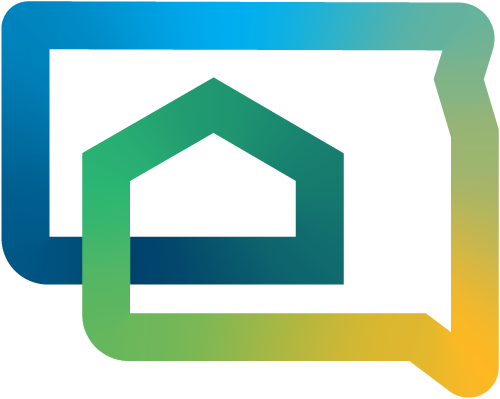
Development Resources
SD Housing / Develop Housing / Development Resources
Development of new housing and rehabilitation of existing housing is vital in meeting the demand for affordable housing statewide. SD Housing administers a number of programs to encourage and assist in the development of affordable housing. If you are interested in developing or rehabilitating housing there are 10 Tips for Housing Development that should be considered. The Rural Housing Playbook also serves as a guide for the housing development process in rural communities. The first item is to determine the need for housing by conducting a market study of the area involved. The assessment should include a breakdown of the community profile, employment opportunities, population, and demographics of the community with a conclusion about the type and need for affordable or market-rate housing. The market study requirements for HOME and Housing Tax are outlined in the allocation plans. Housing Tax Credit projects must have a market study completed by a third party as listed on the Market Study Companies listing. To review the other Housing Tips, please follow the above link.
Communities that have populations of 10,000 or less are eligible to participate in the Housing Needs Study Program. The Housing Needs Study program is a cost-sharing incentive program to help rural communities in South Dakota conduct a Housing Needs Study to aid community decision-makers and the public in developing a meaningful sense of the housing market in their community as well as an understanding of key housing issues.
SD Housing provides financing opportunities to develop housing for households of different income levels. Typically developers will utilize the HOME, Housing Tax Credit, Housing Trust Fund, and Tax-Exempt Bond Financing, Bond Financing Programs for the development of housing for low-income families. Workforce housing can be developed utilizing the Community Housing Development and Housing Opportunity Fund programs. Developers can combine the previously mentioned financing programs with conventional financing to provide mixed-income housing. Typically, properties with less than 24 units utilize the HOME Program and Housing Opportunity Fund programs, and larger projects often use Housing Tax Credits, Community Housing Development, or Bond Financing. Some projects may require the use of two or more of these programs. Housing Trust Fund may be used in conjunction with other funding sources such as HOME, Housing Tax Credits, and Housing Opportunity Funds. The programs can be utilized to acquire and rehabilitate or construct new multifamily or single-family housing units. Funding for the development of single-family lots is also an option through the HOME Program and Construction Loan Guarantee Program.
Intensive services are key to the success of transitional and permanent housing for certain households. If you are interested in developing service-enriched housing, the housing portion of the project can be financed by utilizing the programs listed above in addition if the housing is for homeless individuals and families the applicant may also access Continuum of Care funding from HUD.
When putting together an application for SD Housing financing, the applicant must keep the following things in mind:
Focus on financial feasibility - the project must cash flow with appropriate rent restrictions and estimated expenses.
The market study must evidence a need for the housing proposed.

